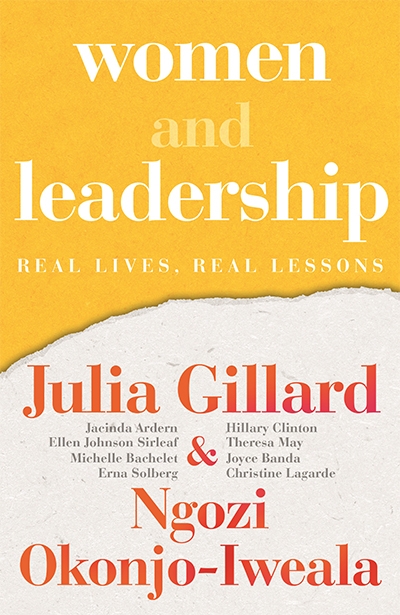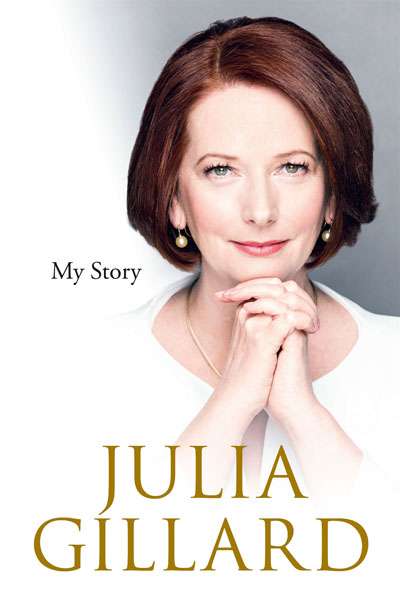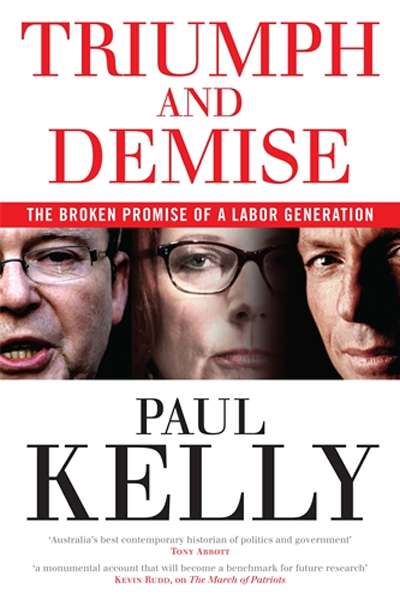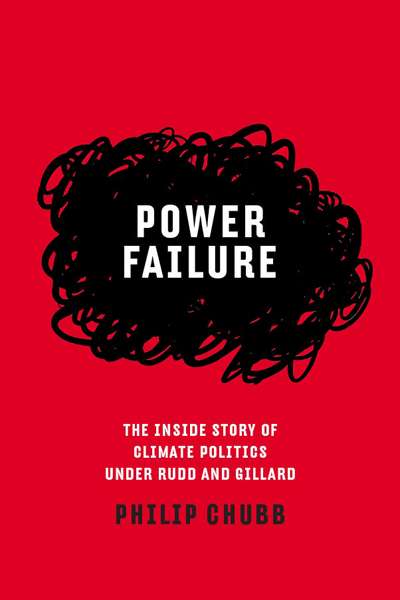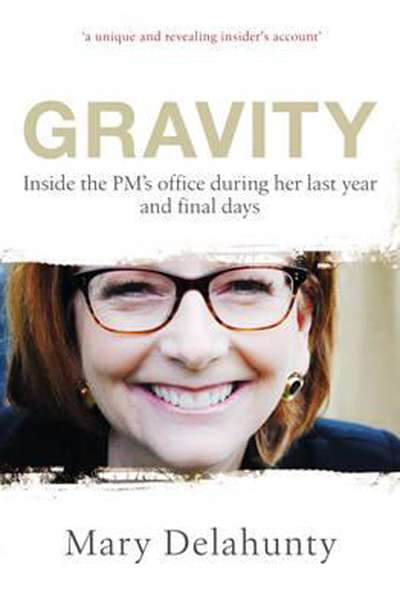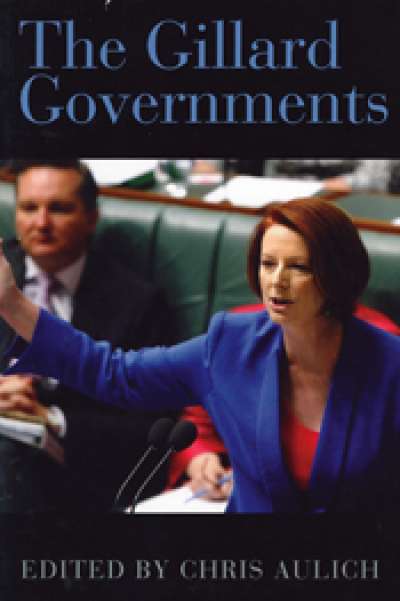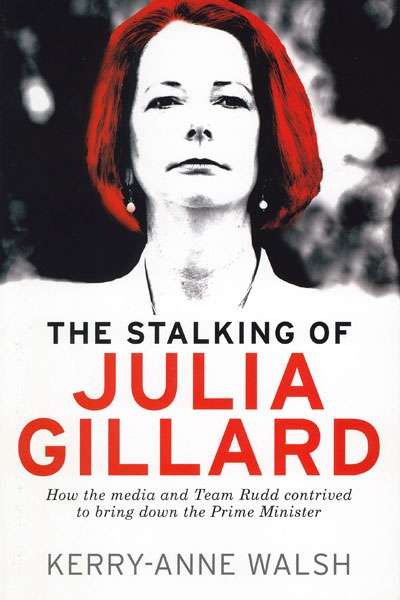Julia Gillard
Women and Leadership: Real lives, real lessons by Julia Gillard and Ngozi Okonjo-Iweala
by Megan Clement •
Triumph and Demise: The broken promise of a Labor generation by Paul Kelly
by James Walter •
Power Failure: The inside story of climate politics under Rudd and Gillard by Philip Chubb
by David Donaldson •
Gravity by Mary Delahunty & Rudd, Gillard and Beyond by Troy Bramston
by Joel Deane •
The Gillard Governments: Australian Commonwealth administration edited by Chris Aulich
by Lyndon Megarrity •

